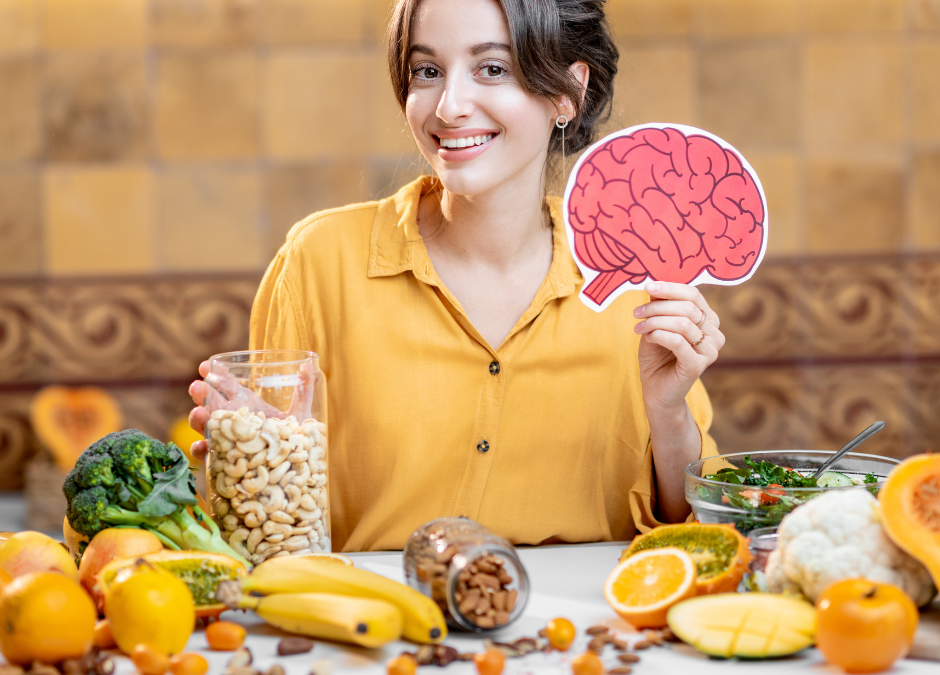In the past decade, bestselling books like Grain Brain that describe elimination of gluten have become popular in mental health. Can foods that have been an essential and nourishing part of the human diet for thousands of years really be that bad for mental well-being? My answer is, in some individuals they can.
The standard American diet contains a great deal of processed sugars. Sugar increases dopamine (a messenger in the brain that drives behavior towards pleasurable goals) in the body (1). Dopamine helps the body maintain an enjoyable state and a sense of calm. When the body gets too much sugar, dopamine becomes excessive. The body attempts to regulate the influx by reducing the number of dopamine receptors (chemical catchers) in the brain (1). When the level of sugar reduces, there is not enough dopamine produced by the body alone due to the lower number of receptors now available. The individual starts to feel “withdrawal.” Withdrawal symptoms can include trembling, increased thought patterns, heart racing and sweating (1). To relieve the symptoms, an individual feeds the body sugar knowingly, causing the vicious cycle to continue, but removing the anxious feelings temporarily.
Grains like wheat, oats, rye, and barley contain a protein called gluten. In the body, gluten is metabolized to gliadorphin (2). Gliadorphin attaches to opiate receptors in the brain. If you’re wondering, “Are these the same opiate receptors I’ve heard about with substances like morphine?” You are correct! As the name indicates, gliadorphin is a morphine-like compound. Many individuals do not wake up and start their day by taking a daily dose of morphine. The long-term effects would include brain fog, fatigue, irritability and aggression, anxiety, depression, and insomnia! Yet many of us start our day before school or work with a bagel, toast, donut, or cereal. Now, that does not mean every individual is being “poisoned” by their breakfast choice. Every individual is unique. In my experience as a clinician however, there are a great number of my patients whose mental health is affected by food intolerance.
References:
- Greenblatt J, & Ross-Taylor, V. (2019). Integrative Medicine for Binge-Eating: A comprehensive guide to the New Hope Model for the elimination of binge eating and food cravings. Victoria, BC: Friesen Press.
- Greenblatt J, & Gottlieb B. (2017). Finally Focused: The Breakthrough Natural Treatment Plan for ADHD that Restores Attention, Minimizes Hyperactivity, and Helps Eliminate Drug Side Effects. New York, NY: Harmony Books.


May I just say what a relief to find someone who genuinely knows what theyre discussing on the internet. You actually realize how to bring an issue to light and make it important. More people have to look at this and understand this side of the story. I was surprised youre not more popular because you most certainly have the gift.